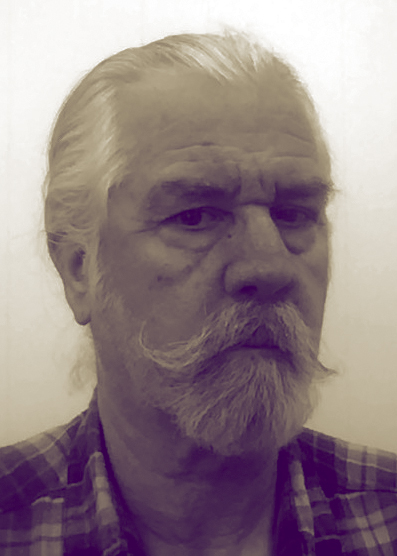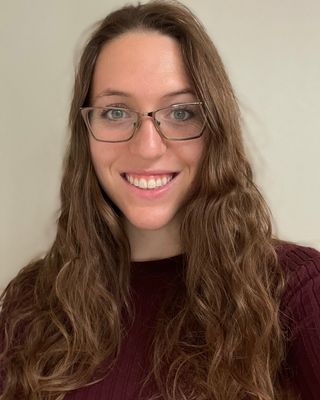Learning Objectives:
- Invite participants to experience the AI tools and process psychotherapy as clinically as a therapist and therapeutically as a client
- Explore the therapeutic impact of Artificial Intelligence tools for the psychotherapist administratively and clinically, from writing progress notes to sitting with a client
The workshop will include an introduction to Artificial Intelligence and current tools in the field of psychotherapy, a demonstration and experiential with workshop attendees, and a debrief.
Please bring a laptop to participate in the experientials.
PTI is hosting a free mandated reporter training organized by the Santa Clara County Department of Family and Children’s Services in partnership with Seneca Family of Agencies. This event is held online via Zoom on Wednesday, May 29th from 2-5pm and is open to all PTI community members, therapists in residence, and alumni. Please RSVP via the event page if you would like to participate in this event. We need a minimum of 15 participants for the event to take place, please RSVP by Wednesday, May 22nd at the following poll:
https://strawpoll.com/NoZr3jreBy3
Child Mandated Reporter training provides participants with the necessary
training to identify and report child maltreatment as required by the Child
Abuse and Neglect Reporting Act and Federal mandates. California’s specific regulations, policies and protocols for those who are mandated to report suspected child abuse and neglect will be addressed in the training. Please visit the following link for more information:
https://socialservices.sccgov.org/protective-services/child-protective-services/mandated-reporting
Training Objectives
Participants will:
1. Acquire an increased understanding of the roles and responsibilities of mandated reporters and the Child Welfare department based on five key topics.
2. Apply and identify legal and ethical considerations with concerning mandated reporting duties for suspected child abuse and neglect.
3. Recognize at least four signs of physical and behavioral abuse and neglect and apply the knowledge of reporting requirements including guidelines on how to make a suspected child abuse report when suspected abuse or neglect takes place outside a child day care facility, or within a child day care facility, and to which enforcement agency or agencies a report is required to be made.
4. Distinguish how implicit bias, cultural factors, and socio-economic factors can impact child abuse reporting.
5. Recognize and assess the four types of child abuse: physical abuse, sexual abuse, emotional abuse and neglect.
Self soothing is a non-trivial task. It is one of the most powerful interventions a clinician can offer. One could say that self-soothing is really the only intervention a therapist can offer to clients to stay out of the system, untangle themselves from and release agendas for clients.
Learning Objectives:
– Explore the therapeutic impact of self-soothing techniques for the psychotherapist to deepen the therapeutic alliance, from modeling to productively using counter-transferance.
– Practice 3 self-soothing therapist interventions in service of client work.
– Invite clients to practice self-soothing.
Explore therapeutic interventions inspired by the practice of yoga! Please dress comfortably and be prepared for experiential exercises of gentle movement.

Learning Objectives:
– Practice 3 somatic client interventions from the spiritual and somatic discipline of yoga.
– Articulate 3 limitations and benefits of yoga interventions in psychotherapy, including knowing when to use them appropriately.
– Boundaries for therapists using yoga interventions, how to keep ourselves and our clients.
Interested in coaching as a side gig? Curious to know what the difference is between coaching and psychotherapy? Wanting to dip your toes into the coaching world, but not sure how? Come join us for a lively panel discussion about coaching vs psychotherapy!
As experiential psychotherapists, we always look for more ways to invite clients into here-and-now explorations through metaphors, and tapping into the right brain’s creative powers for more internal resources. Come practice using client’s imagery in service of healing in the most hopeless of places.

Learning Objectives:
– Identify and practice at least 2 creative uses of metaphors with clients in individual setting
– Identify and practice a way to use metaphors with clients in couples setting
There’s an old saying, “Cost is fact, price is policy.” Before you can set a reasonable fee policy, you need to know what it cost you to see a client for an hour (and the answer is never “nothing”). This hour-and-a-half talk will walk you through a structured process to determine that cost.

This workshop will go over three techniques to manage anxiety: Creating a body map, a one-minute brain dump, and scheduling a worry time.
Ample time will be offered at the end for questions surrounding the application of art therapy, and other mindfulness-based interventions for anxiety and stress reduction.

Learning Objectives:
Therapists will be able to:
-assist clients in somatic awareness/ bodily sensations, and how this relates to anxiety
-learn practical art therapy interventions that they can supply to their clients to work out at home
-learn about MBSR (Mindfulness-based stress reduction) and how art therapy can be used to accomplish this goal.
Do you struggle with writing notes that feel too long or too short? Do you ever have amazing experiential process sessions and then struggle to turn very abstract interventions into solid case notes that will hold up justifying a good treatment plan or worst scenario, subpoenaed into court? Come to this workshop and get some practice at this skill.

Learning Objectives:
After this workshop, participants will learn:
– 3 to 5 things that need to be included in professional case notes
– 3 to 5 things to include in a client’s treatment plan
– How to refine long, very detailed notes into more efficient bullet points
– To create shorter sentence type notes and include more relevant details to enhance professionalism and provide necessary details
– To incorporate what we do as Process Therapist into case note language that is understood by adjunct professionals (psychologists, psychiatrists, medical docters, other non process therapists, etc.) to make sure we convey our work, client’s responses, and treatment plans going forward.
-To feel more confident overall by writing case notes, covering the essentials session points, and remaining in a 3rd party objective voice of reason.
Come deep dive into spiritually integrated psychotherapy! Explore counter transference that would hold a clinician back and practice inviting clients to more fully own their therapy by bringing in their spiritual and religious selves. Explore cross section between psychotherapy and spirituality.

Learning Objectives
- Practice enactments inviting clients to connect their own spiritual resources/traditions in relationship to their current therapeutic dilemmas.
- Unpack counter transference that would prevent a clinician from holding a holistic framework that includes a client’s spirituality and/or religion.





